Future
Technology Trend Forecasts
In recent years, world technology is
undergoing profound changes unseen in a century, the international situation
has undergone profound changes, and world multi-polarization and economic
globalization have continued to develop despite twists and turns.
With the ups and downs of the new crown
epidemic, people are looking forward more than ever to relying on science and
technology to overcome the epidemic and rely on technological innovation to
promote economic recovery. With 5G entering the commercial era and the rapid
development of artificial intelligence, people's lifestyles and production
methods have become inseparable from science and technology, but the future
world of science and technology is facing a new situation where multiple
technologies, multiple trends, and multiple pressures appear together.
So how exactly will technology affect our
world in the next five years? This issue of Overseas Observation is compiled
from an article by Scott Belsky and will share the top ten technology
predictions for the next five years, as well as the profound impact these
technologies will have on the world.
"In what physical form will our work
and life change in the next 5 years?" I think about this question whenever
I observe trends in technology and culture. I've always motivated myself to
share cutting-edge, ground-breaking insights rather than things and winners
that are trending. So, in the following, I'll illustrate with examples of
companies from my portfolio, or from some of the products I've built for the
creative world.
"Recommended" kills "Favorites"
We’ve all heard concerns about things like
“AI will replace human jobs,” but I think the first thing that will be replaced
on a large scale by AI in everyday life is the “favorites” feature. When people
look back, they realize that collecting, compiling, and reusing their own
"likes" lists was a rather lazy and self-satisfying way of living
that led people to stumble upon and develop "likes", instead of rushing
to expand their tastes through the "recommendation" feature.
I've recently realized that I've had some
surprising shifts, and instead of compulsively saving my newfound and favorite
playlists on Spotify, I've started surrendering to the algorithm. In my music
world, "personal recommendations" have started to replace
"favorites" because of the "guess you like" feature of
radio stations, which leads me to believe that any song I like will lead to an
approximate playlist, so these playlists The list always gets dynamically more
to my liking.
Where else would this happen in our daily
lives? For example, can your favorite travel experiences be able to give you
suggestions beyond Google searches or travel agents through "personal
recommendations"?
Or fonts you've used before as a designer
or any fonts on your canvas that might give you font recommendations for other
specific projects? I think that everything you've loved in your life
"limits" you to some extent, whether it's your favorite song, your
favorite restaurant, or your favorite hotel... These serendipitous discoveries
become Our favorites and also consume our attention, so we don't have the
opportunity to try those new and better experiences.
Life is short, and the more we limit ourselves to our “favorite”
things, the less likely we are to discover a better experience, but AI is
breaking that.
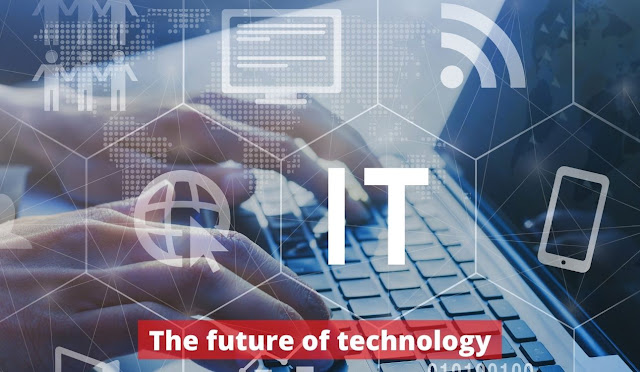 |
| Future of Technology |
The next generation of top talent will have a
"polygamous career"
Our brains, interests, and potential are
never single-threaded, nor are we limited to a single interest or skill. However,
since the Industrial Revolution, the rules of the traditional labor market have
driven us to do one job, for years at a time. From college recruiting and
health care systems to LinkedIn bios and annual tax returns, the entire system
is for "monogamy" careers, and the system is not optimized and
iterative for today's highly digital new generation.
I've tried doing the same 9-to-5 job for
decades. After a tortuous career that went back to being a founder, author,
venture capitalist, active angel investor, and head of product at a major
company, I came to believe in two things.
First, I am very happy when my interests
and skills are put to good use in my professional and personal life.
Second, in today's highly networked world,
people are widely exposed to content that inspires different interests, making
it difficult for us to be defined by a single concept.
I firmly believe that professional
fulfillment will increasingly make people feel valued to be fully utilized. The
vast majority of the next generation of talent entering the workforce will
choose what I call a "polygamous career." The desire to generate income and fulfillment from
multiple projects can increase employee retention, increase productivity, and
help many projects and companies hire top talent that would otherwise be out of
reach.
Whether you are a designer, engineer,
salesperson, or investor, your career will develop into a portfolio project.
But at the same time, these changes also brought many problems.
What tools can help us set and measure
objective key results and performance in a distributed world? How do develop a
dynamic workforce while protecting the company's trade secrets and cyber
security? Several transformative products and technologies will support the
rise of "polygamous occupations."
For example, the personalized version of
LinkedIn Polywork can write personal data according to more granular projects
and achievement levels (non-work level), such as "code push",
"update iOS application" and "speaking at the conference"
are all "get job" new way. These milestones are even more important
in a polygamous career.
Another company that excites me is
Braintrust, a decentralized marketplace for tech talent, through which any
company can hire a group of freelancers, cutting out the middleman in hiring
decisions. My hope for the future is that more and more people can enjoy the
benefits of "deep work" and "freedom away from work" so
that the world is driven by more aligned people and things.
The rise of immersive experience will become the mainstream
of 3D creation
The emergence of the "metaverse"
means that people will play games, connect with family and friends and even
collaborate with colleagues in a fully immersive virtual space in real-time. In
the Metaverse, you will have the largest movie screen you have ever seen, and
many things defy the laws of physics to support your dreams.
While the jury is still out on which
"metaverse" devices will become mainstream in scenarios such as
schools, companies, and homes, immersive virtual experiences are coming, and
we'll all be as involved as we were when we first started using our phones.
However, one thing I can be sure of: a
virtual experience will be very boring without rich, engaging,
three-dimensional, interactive, personalized content in it. Engaging content unlocks the potential of new media,
and immersive content is no exception.
The only problem is that 3D content is
notoriously difficult to produce, and in the past, building 3D objects just for
the experience required complex modeling procedures and a lot of math, while
rendering with a whole suite of other products.
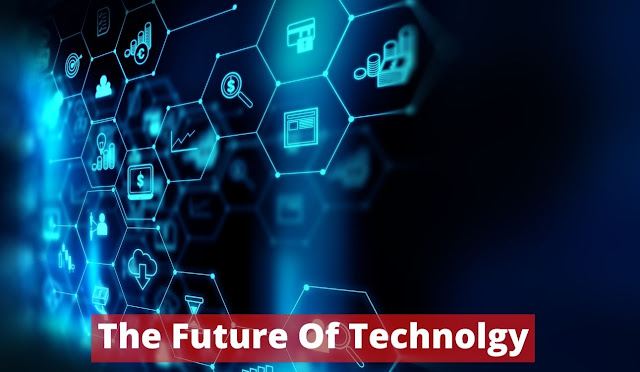 |
| Future of Technology |
The “stakeholder economy” will reinvigorate emerging brands
and local businesses
Brands have become decentralized and
increasingly defined by the ideas, content, and everyday communications of the
masses. The next generation of community-oriented projects and businesses are
moving towards decentralization - new blockchain-driven organizational
structures that will transform owners and customers into a community of
stakeholders.
I've been thinking about how this
decentralized convergence can benefit emerging brands and local businesses that
have the potential to be the most disruptive force in the global marketplace
against the internet giants that rule the world.
Brands are now co-determined by
mass-generated content rather than by creative agencies and ad placements.
Today, for all but the most iconic brands in the world, brands are only as good
and fresh as they are by the content and conversations people generate. What
your friends say, or even strangers expressing their satisfaction or
disappointment, seem to have more impact than Super Bowl commercials. This is
because we are still eager to build consumer trust based on brand reputation,
so real-time sharing by individuals on social media is very powerful. The
second disruptive force in the construction of decentralized organizations that
turn a business’ customers (and employees) into owners.
What many refer to as “web 3” is just a
blockchain-powered model for managing, governing, earning, and trading
ownership stakes in next-generation platforms and businesses.
I can't help but imagine that in the
future, both online and offline, the same technology will be applied to those
long-tail businesses that are driven by or depend on the community. Imagine if
your favorite online publication, e-commerce brand, and small business in your
town could distribute ownership to each stakeholder without hindrance (meaning
no IPO or massive infrastructure to manage). Will the advantages of collective
ownership in small companies become a threat to larger companies?
If every stakeholder in these businesses is
incentivized to help build, improve, market, and patronize these brands, will
that be a competitive advantage against larger corporations? Will the
"many-to-many" business model surpass the "one-to-many"
business model?
In the future, maybe we'll all have a small
subset of the businesses we frequent, like our favorite local restaurants, ice
cream parlors, and cafes, to name a few. Every subscriber to your newsletter
will be both a reader and a stakeholder, so how does this affect viral
marketing? When you like a brand or service, you can buy tokens or earn tokens
by contributing labor in the form of well-defined and measurable tasks, and you
can even use these tokens to buy ice cream in the store.
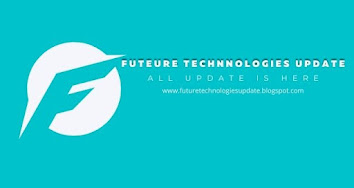
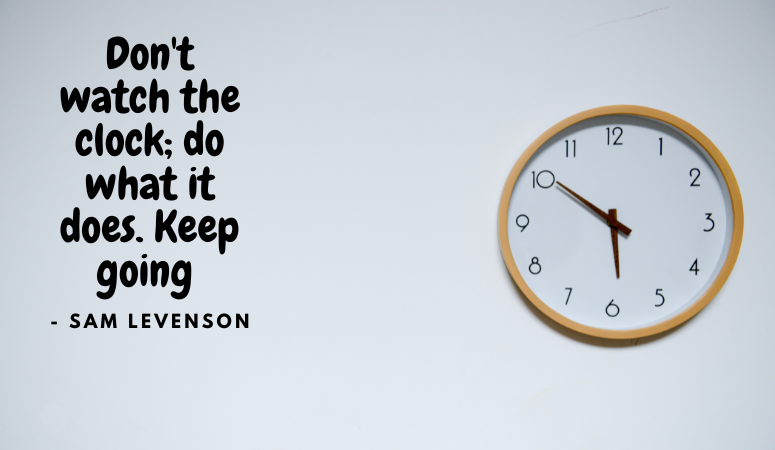



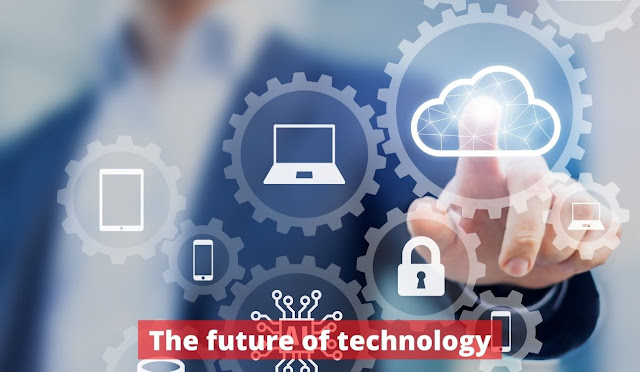







No comments:
Post a Comment